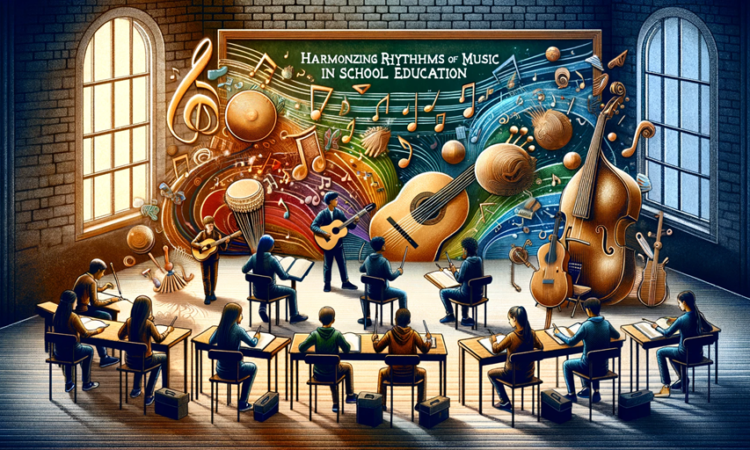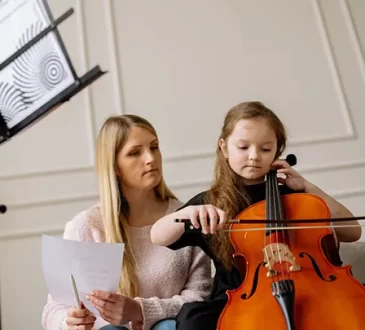
Unlocking the potential of a well-rounded education goes beyond traditional subjects. The inclusion of a robust music program in schools plays a pivotal role in fostering holistic development, enhancing cognitive skills, and promoting social-emotional learning. In this exploration, we delve into the benefits, impact, and importance of integrating music education into the core curriculum.
Enriching the Curriculum: The Nexus of Music and Academic Excellence
Nurturing Well-Rounded Individuals
A comprehensive education extends beyond academic achievements. A music program in schools provides students with an avenue to explore their artistic talents, fostering a sense of creativity and well-roundedness. Music education in school contributes to a balanced curriculum, acknowledging the diverse talents and interests of students.
Social-Emotional Learning Through Music: The Heartbeat of Education
Building Emotional Intelligence
The impact of a music program on social-emotional learning is profound. Engaging with music nurtures emotional intelligence, helping students recognize and understand their emotions. Collaborative musical activities promote teamwork, communication, and empathy, laying the foundation for positive social interactions.
Cognitive Benefits: The Symphony of Mental Development
Enhancing Cognitive Skills Through Musical Training
Scientific studies consistently highlight the cognitive benefits of music education. From improving memory and concentration to enhancing problem-solving skills, students engaged in a music program exhibit enhanced cognitive abilities. The intricate patterns and structures in music stimulate the brain, fostering intellectual growth.
The Rhythm of Discipline: Fostering Commitment and Responsibility
Instilling a Sense of Discipline
Learning to play an instrument or participate in a choir requires dedication and discipline. A music program in schools instills a sense of commitment and responsibility in students. Regular practice, adherence to schedules, and collaborative performances contribute to the development of valuable life skills.
Benefits Beyond the Classroom: Impact on Student Well-Being
Music’s Positive Influence on Mental Health
Beyond academic achievements, a well-structured music program positively influences students’ mental health. Engaging in musical activities serves as a stress reliever, promoting emotional well-being and providing a constructive outlet for self-expression.
Community Building Through Musical Expression
Fostering a Sense of Community
Music has the power to bring people together. School music programs often involve group performances, ensemble activities, and collaborative projects. This shared musical experience fosters a sense of community, promoting unity and camaraderie among students.
The Future Impact: Nurturing Tomorrow’s Creative Thinkers
Contributing to a Creative and Innovative Society
As we navigate the complexities of the 21st century, fostering creativity and innovation is paramount. A music program in schools contributes to nurturing a generation of creative thinkers, capable of approaching challenges with innovative solutions.
In conclusion, a robust music program in schools is not merely an extracurricular activity; it is an integral component of a well-rounded education. The benefits extend beyond the confines of the classroom, impacting students’ cognitive abilities, emotional intelligence, and overall well-being. As schools strive to provide a holistic education, a harmonious blend of academic and artistic pursuits ensures the development of empowered, creative, and resilient individuals.



